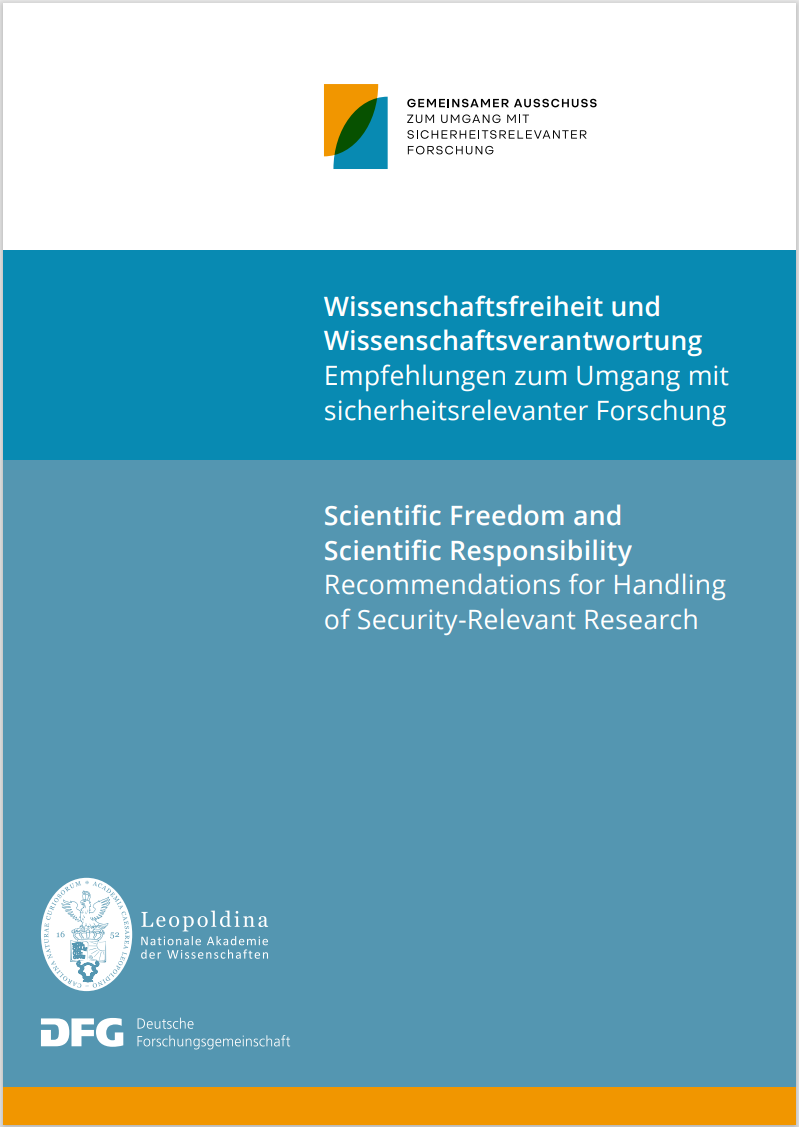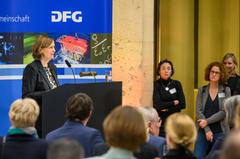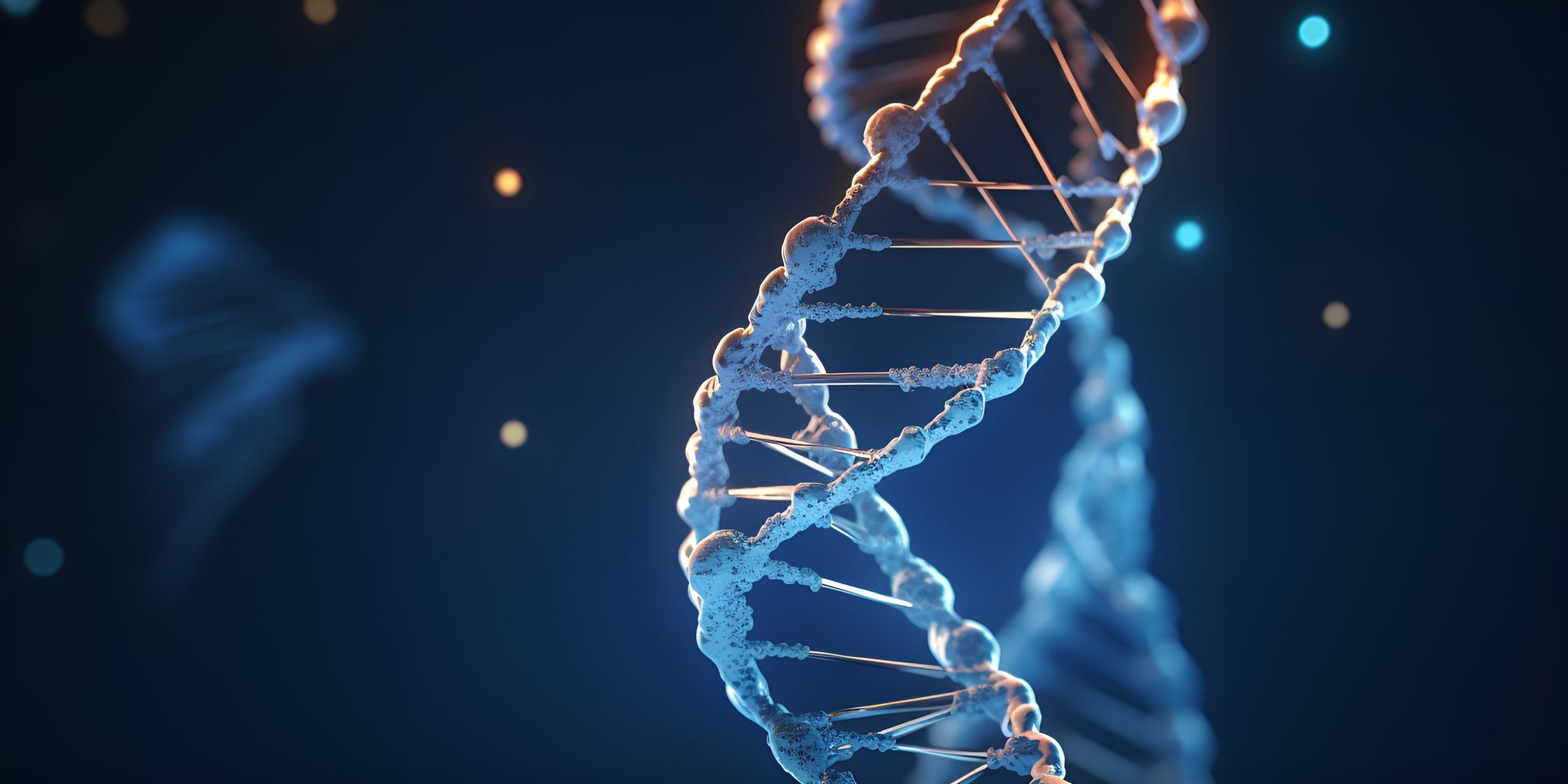Development of the Topic
Dual Use Research of Concern
As early as 2008, the DFG’s Permanent Senate Commission on Genetic Researc(interner Link) published its “Code of Conduct: Working with Highly Pathogenic Microorganisms and Toxins”. This publication was updated in 2013: Code of Conduct: Working with Highly Pathogenic Microorganisms and Toxin(Download).
In June 2014, the recommendations on “Scientific Freedom and Scientific Responsibility” were published by the DFG and Leopoldina. This step was taken in response to the need for science and the humanities – across all disciplines – to develop their own ethical principles and mechanisms for the responsible exercise of research freedom and managing research-related risks. The recommendations address the challenge of striking a balance between freedom of research as protected by Article 5 of the Basic Law, and the risk that research findings could potentially be misused for harmful purposes. The recommendations “Scientific Freedom and Scientific Responsibility” were updated in 2022.

The first part of the recommendations is specifically aimed at individual researchers, who must be aware of the potential misuse of their research. In critical cases, it is up to each individual to decide what is ethically justifiable – weighing the opportunities offered by research against its risks to human dignity, life and other fundamental rights protected under the constitution. The second part is addressed to research institutions, which are responsible for establishing the conditions necessary for ethically responsible research. This includes raising awareness of potential risks and providing knowledge of the legal limits of research. In addition to complying with legal regulations, institutions are also expected to develop ethical guidelines for handling security-relevant research.
Initially established for three years, the Joint Committee on the Handling of Security-Relevant Researc(externer Link) began its work in March 2015. Its purpose is to support the effective and sustainable implementation of the recommendations on “Scientific Freedom and Scientific Responsibility” developed by the DFG and Leopoldina in June 2014 (revised in November 2022).
Potential Risks of International Cooperation
In light of the changing global situation, the DFG issued Recommendations on Dealing with Risks in International Research Cooperatio(Download) in September 2023.
The Joint Committe(externer Link) also focused on this topic in its 2024 Activity and Status Repor(Download) entitled Wissenschaftsfreiheit und Sicherheitsinteressen in Zeiten geopolitischer Polarisierung [“Freedom of research and security interests in times of geopolitical polarisation”].

© DFG / David Ausserhofer
The relevance of this topic is also highlighted in the 2025 New Year’s addres(Download) given by DFG President Katja Becker: “From the DFG’s perspective, responsible de-risking is the method of choice when it comes to striking a balance between freedom of research and security interests, and this minimisation of risk can only come from the well-established, decentralised structures and processes of academic self-governance”. She also referred to a discussion on this issue with representatives of the German and US research communities, politicians and diplomats on the sidelines of the GAIN Conference 2024.
